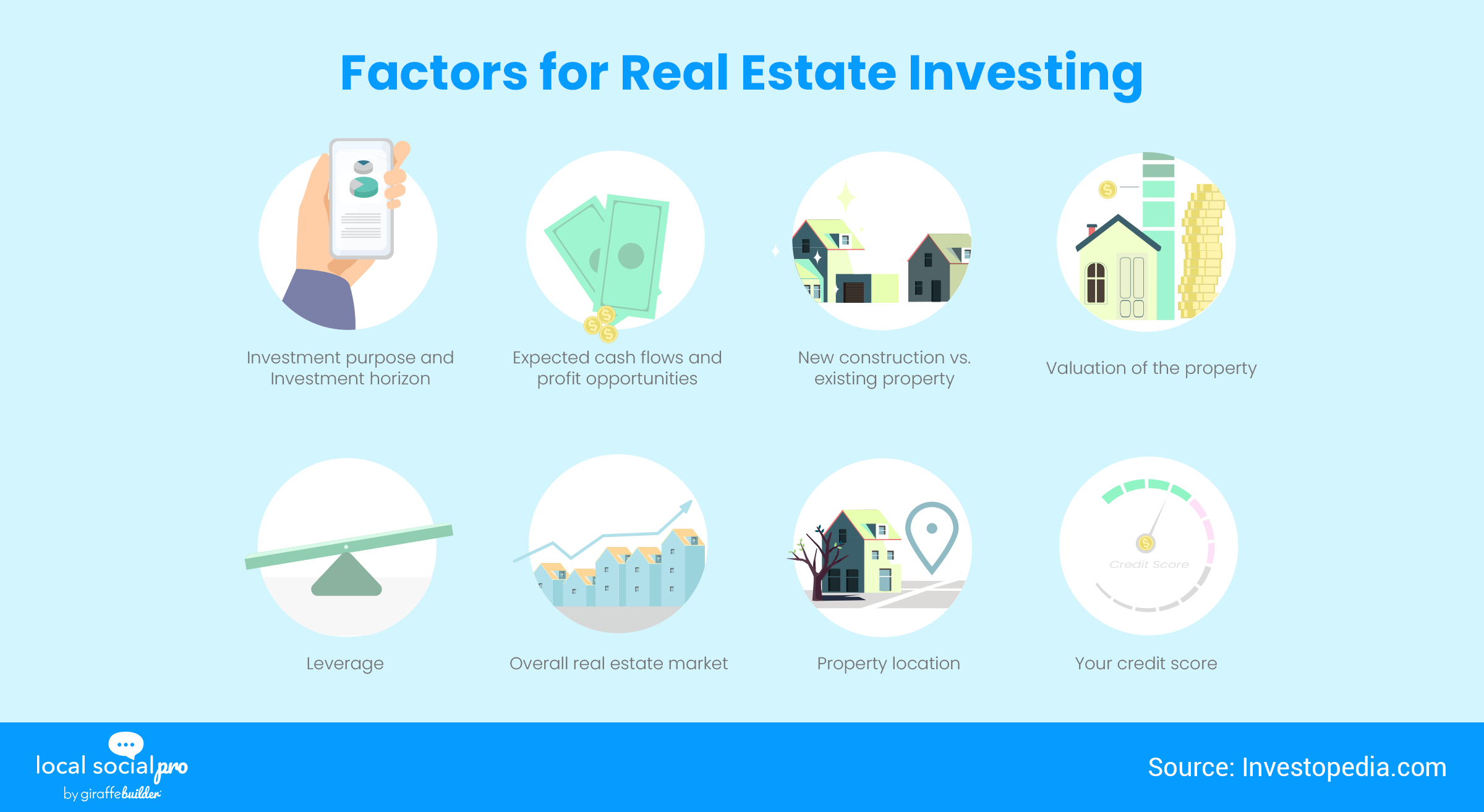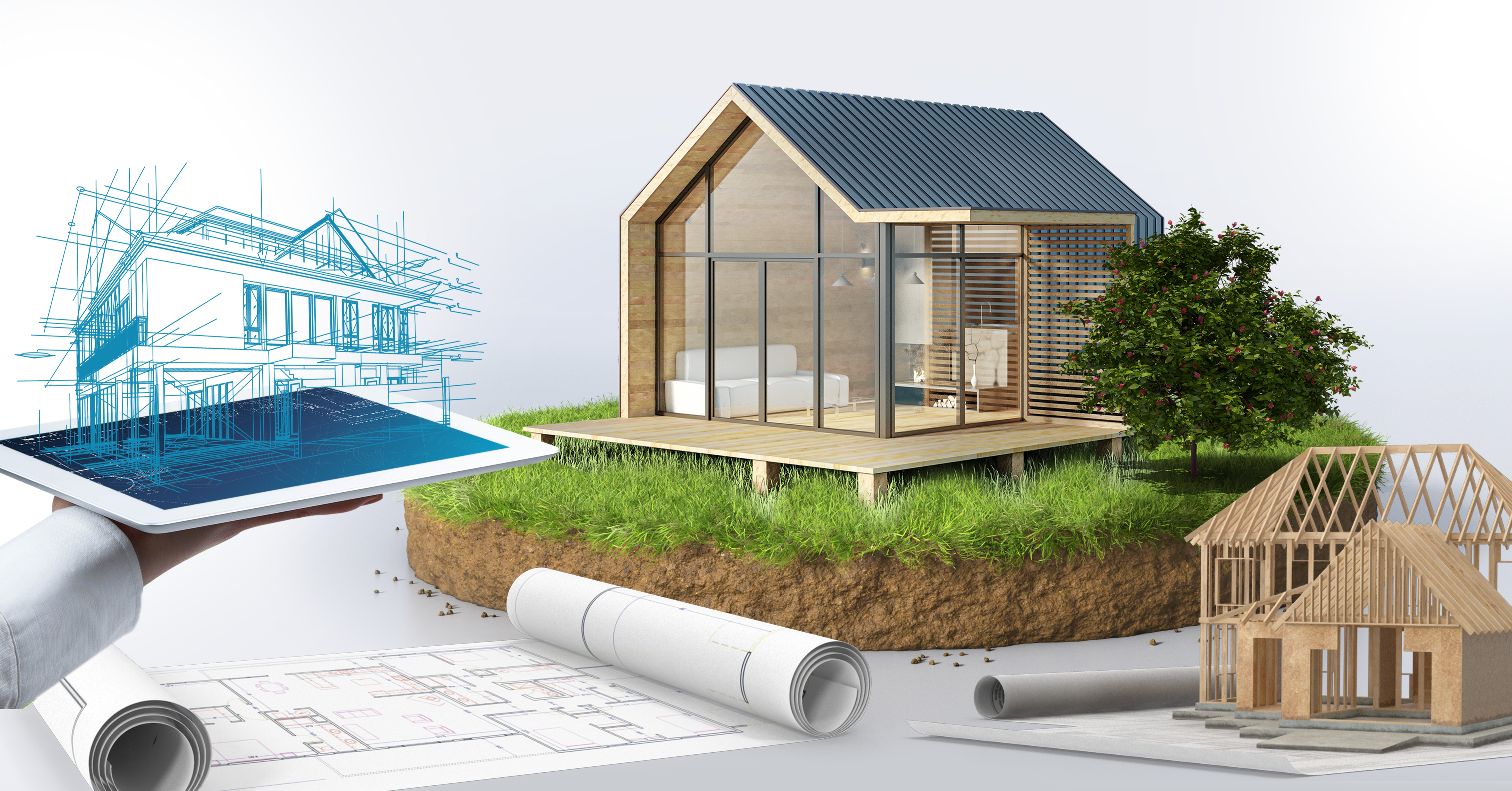Up to this day real estate is still without a doubt the best asset for investments. While owning a home is everyone’s dream, it is also an opportunity to increase wealth. And according to a survey, 35% of US millionaires own shares of Real Estate Investment Trusts (REIT), while 77% own real estate. There is no doubt that real estate is by far the category with the highest level of investment. And it’s not too late for you to start investing in today’s housing market. Now, if you want to start your real estate investment journey, here are things you need to know.
What Should You Focus on When Investing in a Home?
There are many other factors besides location that go into deciding whether to make an investment. Here are a few of the most crucial factors to consider.

How to Begin Real Estate Development
And now that you know the factors to consider, one of the best moves you can make is real estate development. But before anything else, it is important to understand the processes involved in real estate development. What are the risks? What are the chances of success? Let’s discuss these one by one.
1. Early Stage: Pre-development
Early on in a project, your focus will be on due diligence, investigation, and approval. This phase usually involves the following common steps:
- Market research and feasibility analysis
- Purchasing land or obtaining option rights to do so
- Environmental evaluations
- Surveys
- Site plans, building plans, and development plans
- Permitting
- Few infrastructure upgrades
- Financing a construction project
This stage is typically funded by the project sponsor or a source of seed equity that could be accessed by the construction loan because this stage is the riskiest. As a result, investments made at this stage offer greater returns than those made at later stages.
2. Middle Stage: Construction
Constructing the upgrades is in the middle stage. After the pre-development stage, risks are lower. But it doesn’t mean it’s removed completely. And the following are some typical actions in this stage:
- Vertical constructing
- Project advertising
- Utilizing construction finance
- Pre-leasing
- Securing long-term funding (if this is not already done during pre-development)
- PermitScheduling the property manager (if it wasn’t done during the pre-development phase)
The returns on investments and loans made during this stage are typically higher than those made for fully constructed or stabilized buildings.
3. Last Stage: Operation
Finally, the last stage of construction is Operation. This is the beginning of the building’s life. Here are the following activities occur in the last phase:
- Constant leasing and marketing
- Finding a buyer
- Choosing a hold strategy if selling is not an option
- Increased property management
- Stabilizing the situation
In a nutshell, real estate development might be a little risky. But it can be rewarding when done successfully. You just have to make sure to do it the right way by following the steps above. And make sure you have the proper knowledge to start off your real estate development.
“Real estate development is the process of creating value by making tangible improvements to real property.” -Ben Bulloch & John Sullivan
The Bottom Line
In real estate, you should make sure that you have proper planning and analyzing. When you do residential developments, you can expect profitable investment opportunities. If you want to start your real estate investment journey, it is best to consult with your local expert. Their expertise can help you and may even enable you to meet your ROI goals.
What To Do:
Did you find this read interesting? Need expert and white-glove advice? Get in touch for local and professional real estate advice in your neighborhood. Fill in the form above to speak with a real estate professional specializing in this topic and more!
